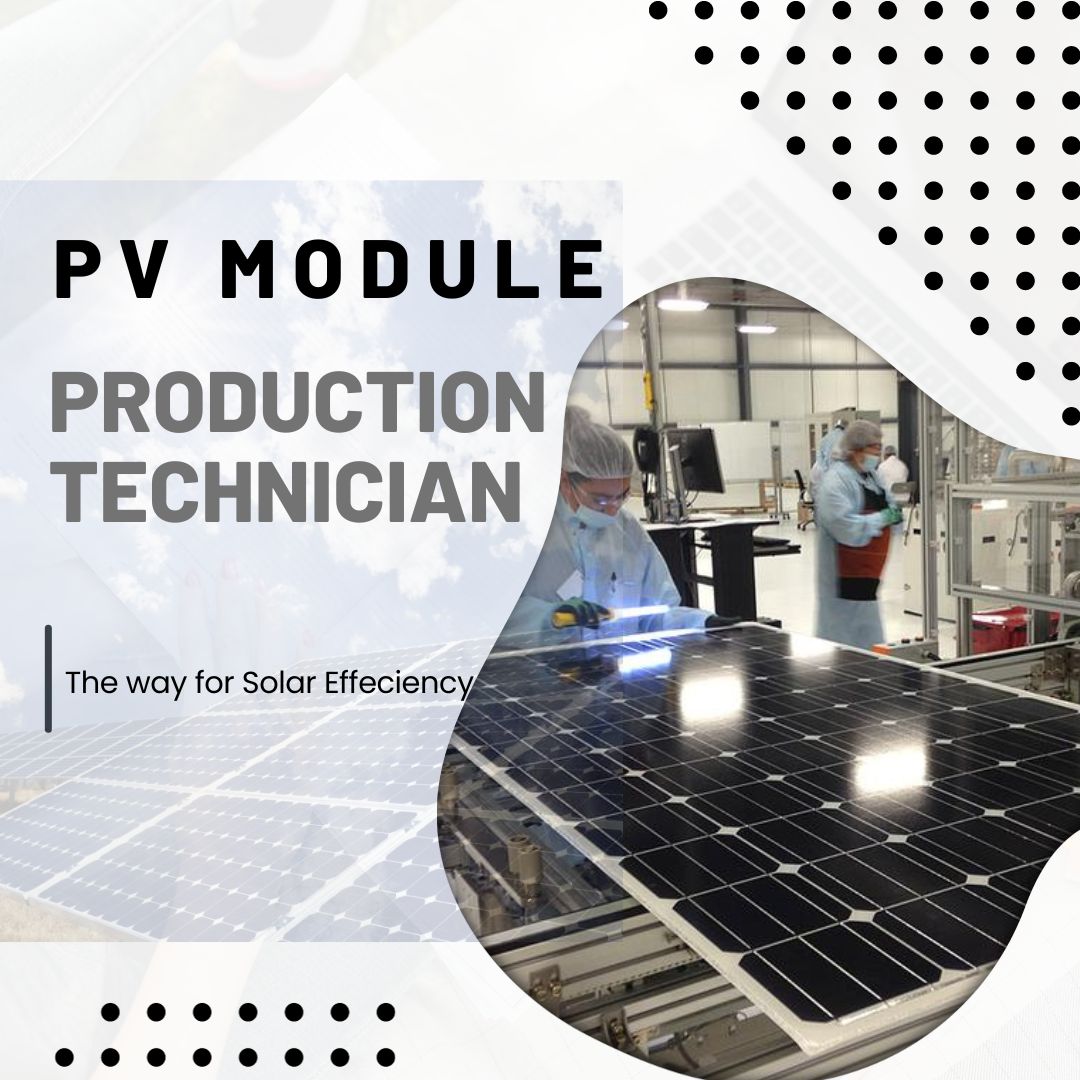Currently Empty: ₹0.00
Module Production Handbook

About Bundle
Module manufacturing is a comprehensive process that involves the assembly and production of modules, often components or units designed for integration into larger systems. This intricate procedure encompasses precision engineering, quality control measures, and adherence to safety protocols. From the intricacies of design to the final stages of assembly, module manufacturing is driven by innovation and efficiency. It plays a pivotal role in various industries, contributing to the seamless integration of components into diverse applications, ranging from electronics to renewable energy systems. The overview underscores the importance of meticulous processes, technological advancements, and a commitment to quality in the dynamic landscape of module manufacturing.






